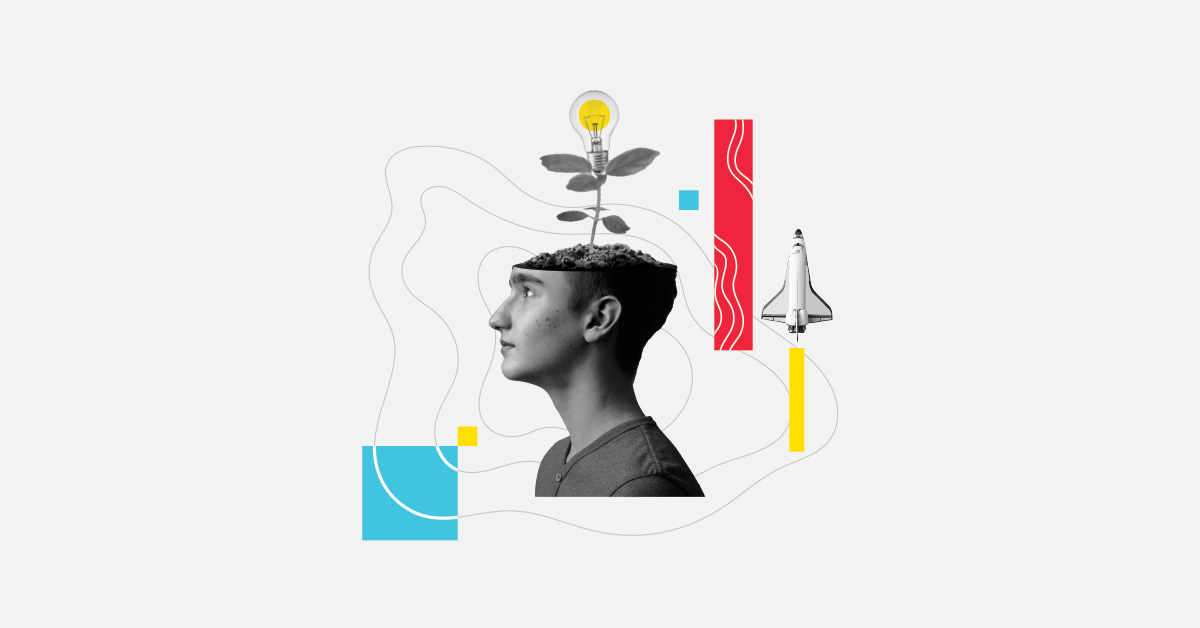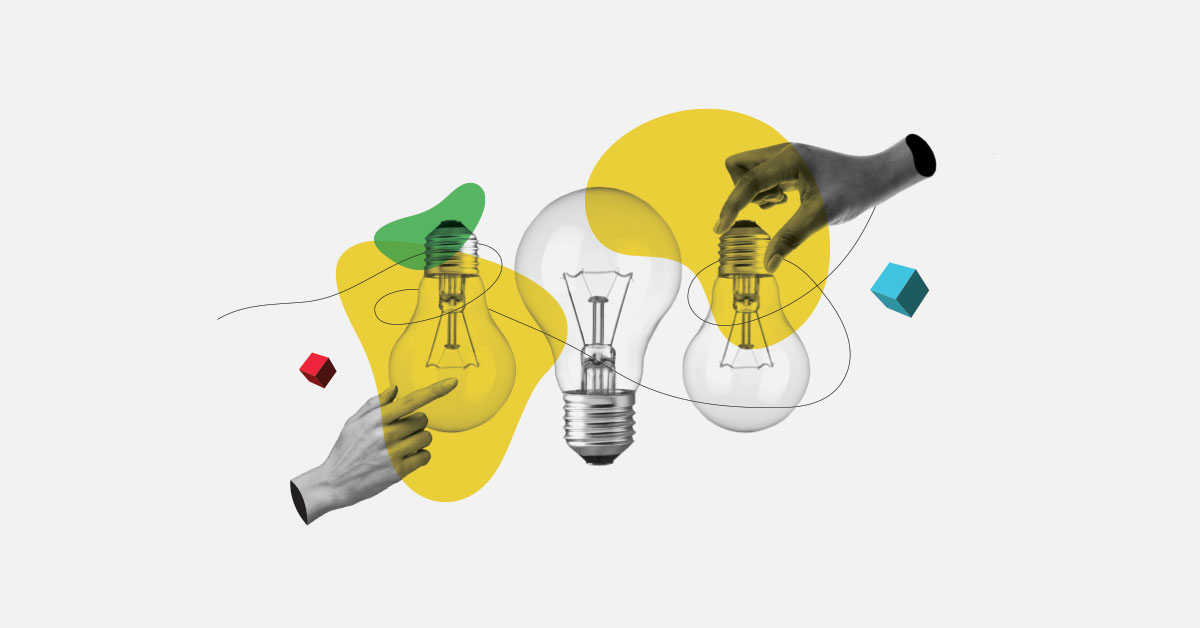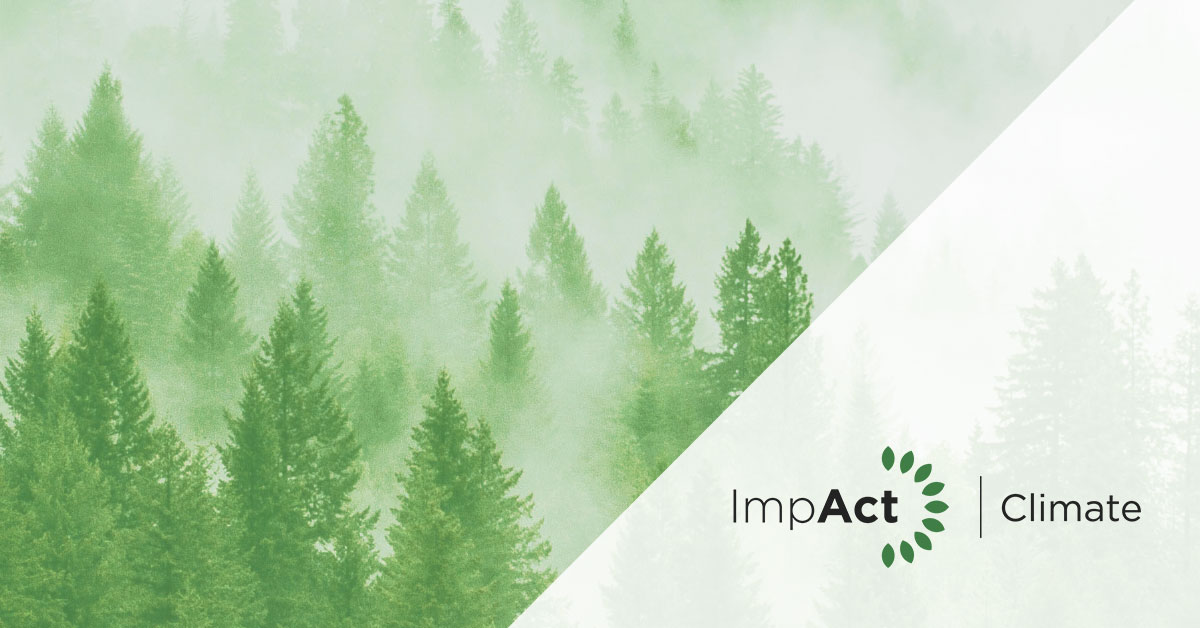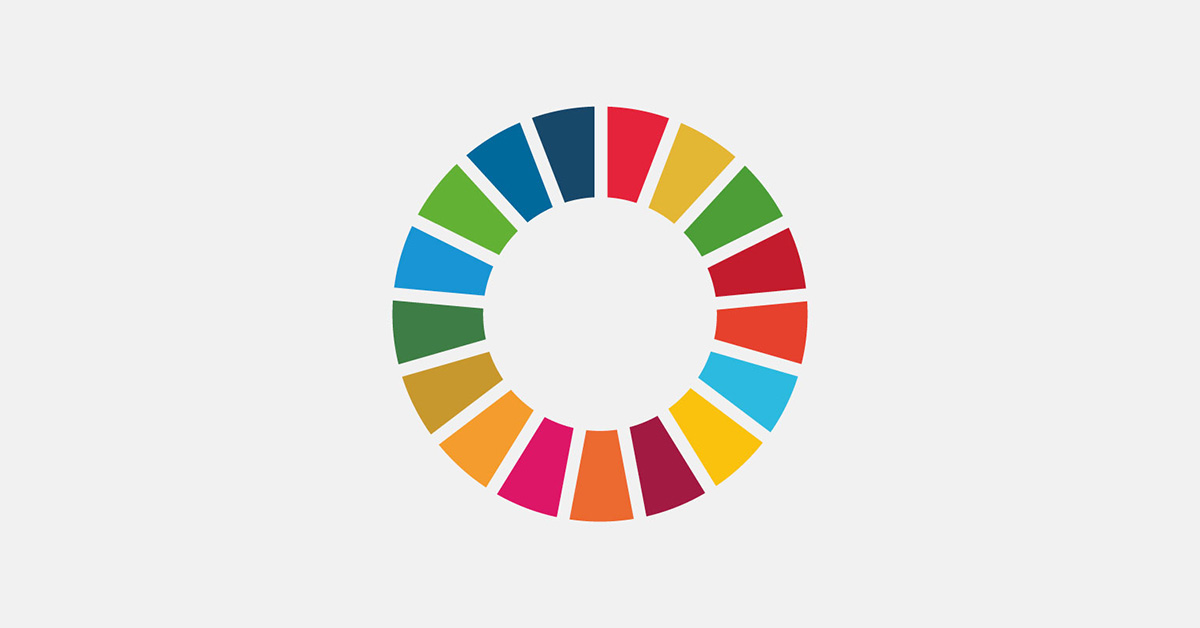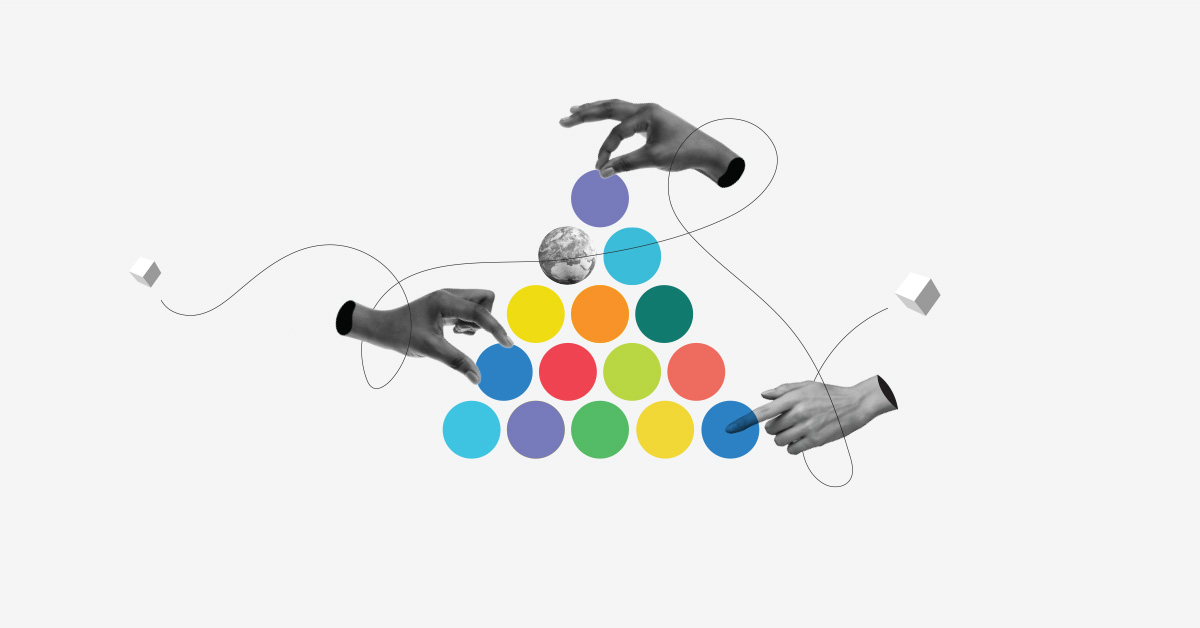Budget 2023 is here, and our sector’s innovation story was a key investment. The budget recognizes the critical role colleges and institutes play in helping small and medium-sized businesses innovate. It’s a big win for Canadian businesses in challenging times.
Specifically, Budget 2023 invests $108.6 million over three years in college and institute applied research through the existing College and Community Innovation Program. Administered by the Natural Sciences and Engineering Research Council (NSERC), The College and Community Innovation program is tri-agency funding that provides innovative solutions for local and regional challenges faced by businesses, government, and communities, through the expertise of Canadian colleges, institutes, CEGEPs, and polytechnics.
How it works? In the college and institute context, applied research is the development of innovative solutions to real-world challenges. Businesses and community organizations – especially SMEs and entrepreneurs that often do not have large budgets for research and development – come to their local institution with a problem to solve. There, they get access to state-of-the-art facilities, specialized equipment, and technical experts to help them advance their business.
- In real numbers, that expertise led to over 6,400 applied research projects amounting to 5,500 new processes, products, prototypes, and services in only one year (2019-2020). In Budget terms, that means more than $108 million over three years is reinvested in the long-term sustainability of Canadian industry.
Applied research is at the intersection of SDG 4 Quality Education, SDG 8 Decent Work and Economic Growth, and SDG 9 Innovation, Industry, and Infrastructure. Canadian businesses and community organizations of all sizes (in all areas of the country) benefit from real solutions to real problems. Students gain valuable work experience and skills to join the job market by participating in cutting-edge, industry-relevant research projects. And we all benefit from innovations that help futureproof the Canadian economy.
Facing inflation, labour shortages, large-scale economic transformations, and a climate crisis, there’s still more to do to rebuild Canada’s workforce, address inequality, and transition to a net-zero economy. Other Budget 2023 measures we’re keeping an eye on:
- Skills and Training: Budget 2023 provides $197.7 million in 2024-25 to the Student Work Placement Program to continue creating quality work-integrated learning opportunities for students through partnerships between employers and post-secondary education institutions. It also introduces cross-government reviews to examine if improvements can be made to skills training and youth programming.
- Infrastructure: Budget 2023 announces that the Canada Infrastructure Bank will invest at least $20 billion in existing priority areas to support clean electricity and clean growth infrastructure projects. It also provides $500 million over ten years to the Strategic Innovation Fund to support the development and application of clean technologies in Canada.
- Indigenous Supports: Budget 2023 provides $5 million in 2023-24 to Indigenous Services Canada to support the co-development of an Economic Reconciliation Framework with Indigenous partners that will increase economic opportunities for Indigenous Peoples, communities, and businesses.
What now? We’re keen to get back to our regular advocacy and engage actively with key federal departments and stakeholders in the coming weeks as the announced programs are designed and implemented!
Be active in your communities and on social media to promote colleges and institutes as key players and be sure to let us know of visits and meetings that take place.

